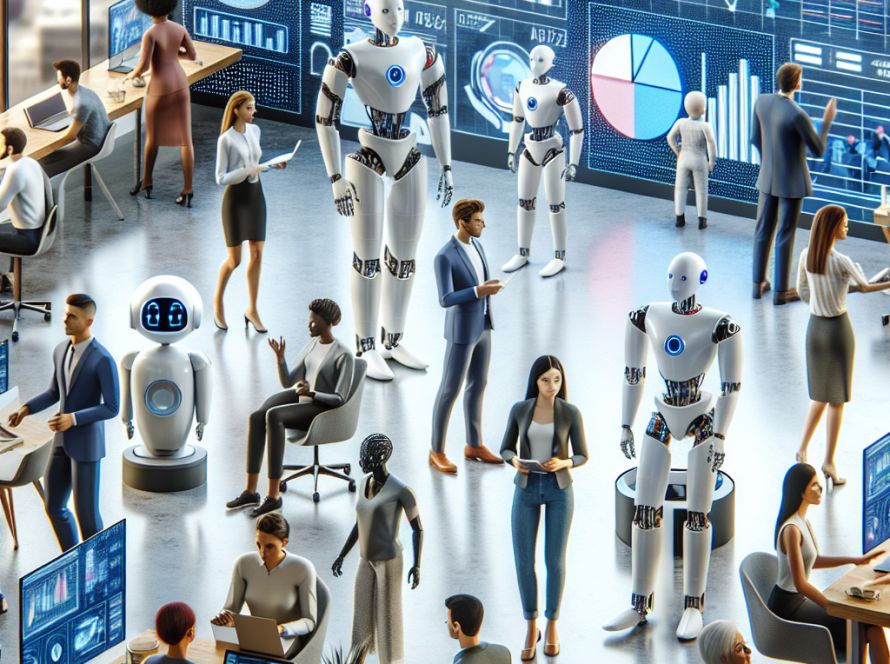OpenAI’s statement to the UK House of Lords, that creating AI tools without using copyrighted material is “impossible,” has sparked an intense debate surrounding copyright’s interaction with AI. Authors, writers, and media outlets such as the New York Times have taken legal action against OpenAI, Microsoft, Stability AI, Anthropic, Google, and Midjourney, amongst others.
It is well-known that AI training data contains copyrighted information, from books and blog posts to photos and artworks, and this material forms the mainstay of AI training material due to its ease of access online. In response to the House of Lords communications and digital select committee, OpenAI recently argued that restricting training materials to public domain sources would result in poor AI systems. They highlighted the necessity of copyrighted material for training large language models like GPT-4, which powers ChatGPT, saying, “Because copyright today covers virtually every sort of human expression – including blogposts, photographs, forum posts, scraps of software code, and government documents – it would be impossible to train today’s leading AI models without using copyrighted materials.” OpenAI’s statement further suggested that limiting training data to public domain sources such as books and drawings created more than a century ago would not yield AI systems that meet the needs of today’s citizens.
Reactions to these statements have not exactly been positive, with the renowned Dr. Gary Marcus accusing OpenAI of essentially labeling AI models as a monetization device for stolen copyright work. This sentiment has been echoed in the legal actions taken against OpenAI, with authors like John Grisham, Jodi Picoult, and George RR Martin, and journalists Nicholas Gage and Nicholas Basbanes, filing lawsuits against the company.
These developments raise serious questions about the potential legal liabilities these companies might face, and the impact this could have on the future trajectory of AI.
At OpenAI, we are passionate about using the latest advancements in AI to revolutionize the way we live and work. We understand the importance of respecting intellectual property, and take our commitment to this seriously. We believe that with the correct measures in place, AI can be used to create new and exciting opportunities for both individuals and businesses. That is why we are proud to stand in support of our statement to the UK House of Lords, that creating AI tools without using copyrighted material is “impossible.” We are committed to continuing our work towards enabling AI to reach its full potential, and urge the government to help us create a regulatory framework that protects authors’ rights while allowing for innovation and progress.

